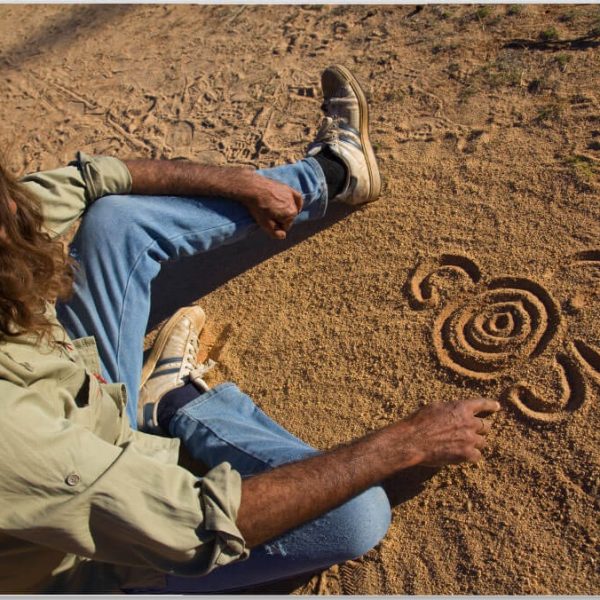
The Guddi Way Screen in Judicial Courts
The Guddi Way Screen can provide much needed insights into what support a person may need to engage in rehabilitation and therefore affect their likelihood of reoffending.
Read moreIf you’ve got questions or need advice, support or further information, get in touch with us today. We’d love to help